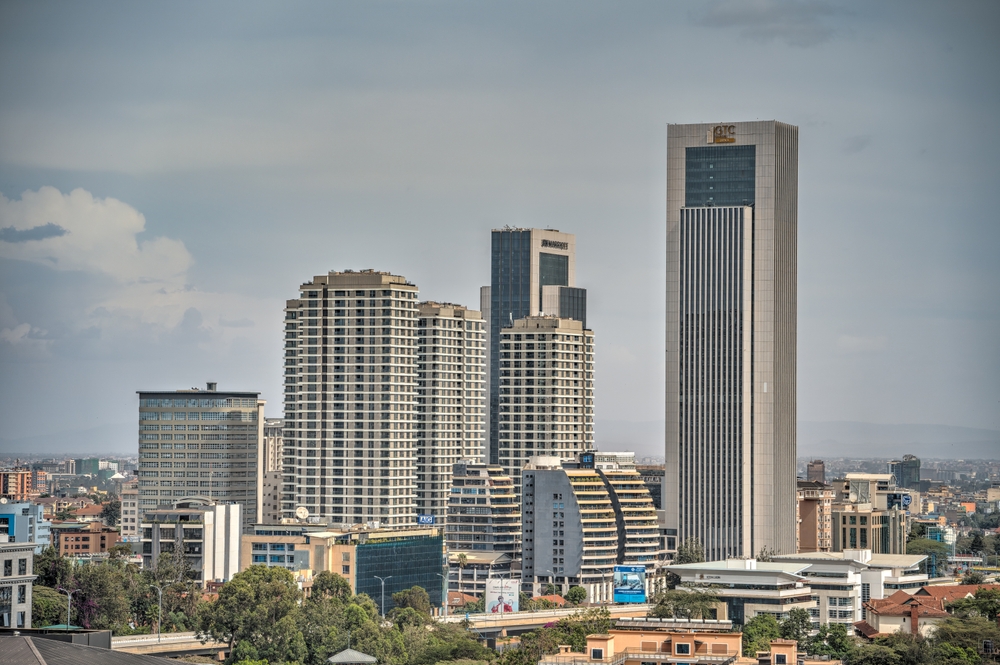In April the government borrowing gap between spending and tax revenue, reached £20.2 billion, up £1 billion from the same month last year. This is the fourth highest April figure since records began in 1993, raising doubts about Chancellor Reeves’s ability to stick to her spending and borrowing limits.
Ruth Gregory, deputy chief UK economist at Capital Economics, called the start of the financial year “poor,” saying tax increases now seem inevitable. She warned slower growth in the coming months will reduce tax revenues, adding pressure on public finances.
The government’s challenge deepened after Prime Minister Sir Keir Starmer reversed some planned cuts to winter fuel payments following political pressure. This adds to Chancellor Reeves’s struggle to manage rising costs amid weak growth and high interest rates. Matt Swannell, chief economic adviser at the EY Item Club, said restoring fuel payments and boosting defence spending will increase calls for higher taxes.
Chief Secretary to the Treasury Darren Jones said the government’s efforts have stabilized finances after years of instability, leading to four interest rate cuts since August that lowered borrowing costs for businesses and households.
full info obtained here




